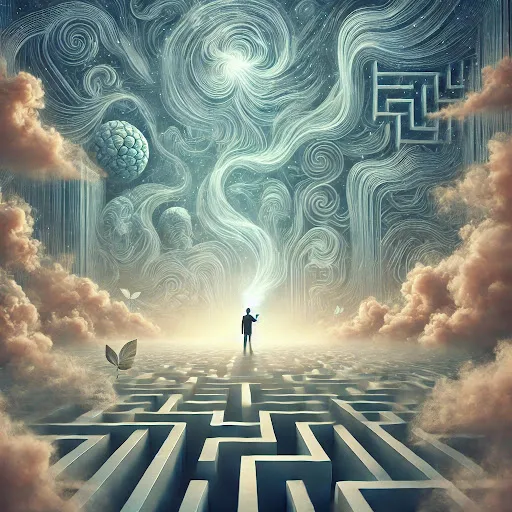Suddenly, without warning, the mind rises and begins to walk on its own. One step, then another, then a thousand. It moves without direction, yet always in haste. It wants to understand, to predict, to grasp the world in its hands. But the world slips away—as it always does.
To think is to exist, they say. But what if thinking too much is a way of not being at all? Overthinking steals the moment, turns the simple into a maze, fills the quiet with noise.
And then—the pause. A break in the current. A deep breath, a touch against the skin, a feeling without a name. The fine needle resting on the body, the inhale and exhale, the silence between one thought and the next—that is where life is.
It is not about banishing the mind but teaching it to stay. To let it be without devouring. Because in the space between thoughts, life happens.


Comments
Post a Comment